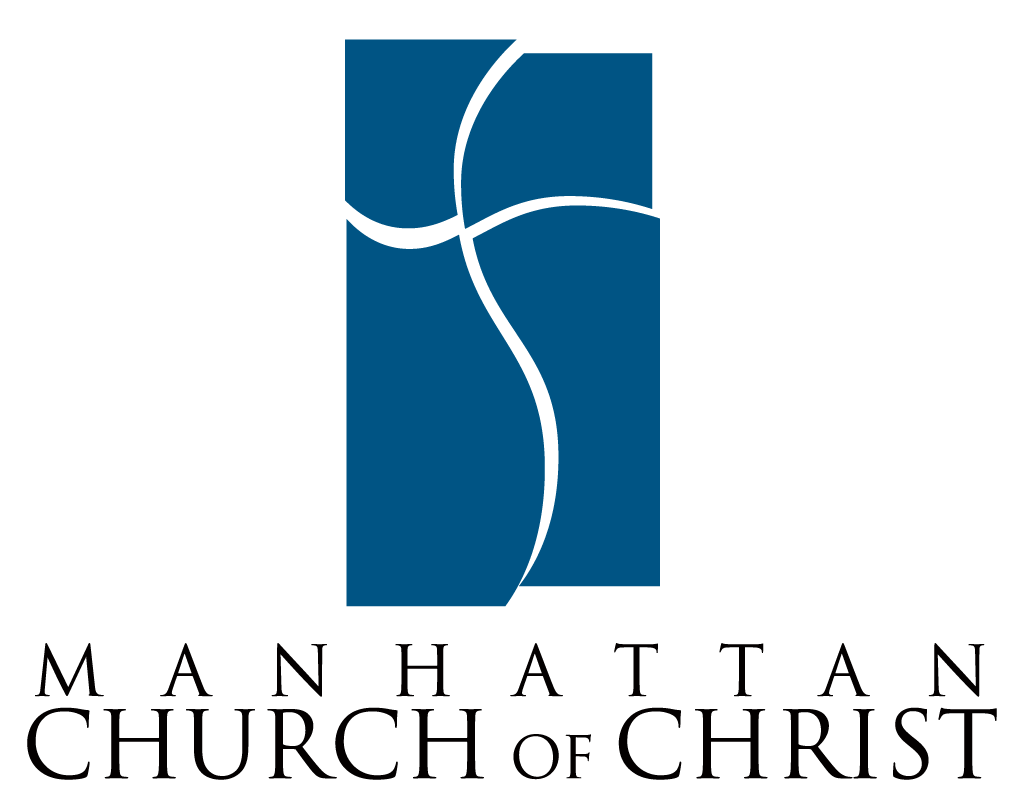Revelation 1:1-18
The Adventure of the Apocalypse for Today
We begin a journey with John’s Revelation/Apocalypse (Gk apokalypsis), last book of the Bible. It completes the Good New of Jesus in the NT. It’s last scenes take us back to Eden, but now seen in the midst of a vast city. Written by a Christian named John, late in 1st cent.
It’s message is basic: The church is small and suffering, doomed in a vast, powerful empire, but it carries God’s own power of Jesus’ cross and resurrection. It’s part of God’s great story from creation to new creation. He turns all appearances upside down: kingdom, priests.
Revelation is fascinating and intimidating because of its amazing images right from the start. It raises questions. Is it a code for the future? Is it for me? Where am I in all its rush of images? Why do some today apply it to headlines (embassy in Jerusalem), while others avoid it?
An Unveiling – From God through John to Us



